IVF in Mexico: Answering All Your Questions on Safety and Treatment
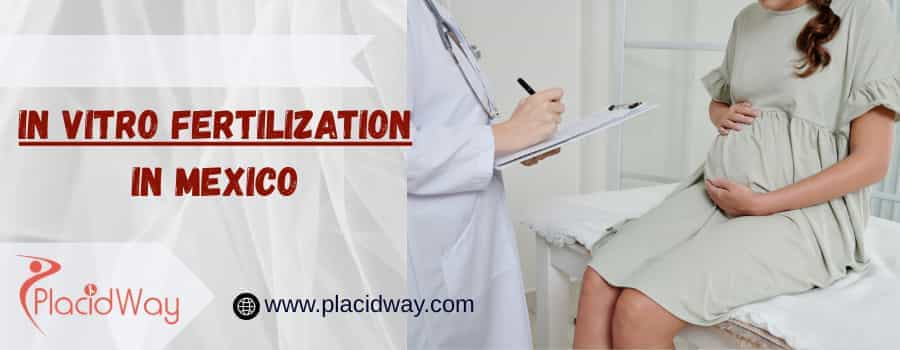
Thinking about in vitro fertilization (IVF) and wondering if Mexico is a safe and viable option? You're not alone. Many individuals and couples are exploring medical tourism for fertility treatments, and Mexico has emerged as a popular destination. The primary draw is often the significantly lower cost of IVF in Mexico compared to the United States and other Western countries. But beyond the price tag, it's essential to understand the safety, success rates, and overall experience of undergoing such a personal and important medical procedure abroad.
The good news is that many fertility clinics in Mexico offer a high standard of care, with experienced, often US-trained, doctors and state-of-the-art technology. These clinics are accustomed to treating international patients and often have bilingual staff to ensure a smooth and comfortable experience. However, like anywhere in the world, the quality of care can vary. Doing thorough research and choosing an accredited and reputable clinic is paramount to ensuring your safety and maximizing your chances of a successful pregnancy. This guide will walk you through everything you need to know about the safety and logistics of pursuing IVF treatment in Mexico, empowering you to make an informed decision about your fertility journey.
Is IVF in Mexico a Safe Option for International Patients?
The safety of any medical procedure, including IVF in Mexico, largely depends on the quality of the clinic and the expertise of its medical team. Reputable Mexican fertility clinics prioritize patient safety by employing experienced, board-certified reproductive endocrinologists and embryologists. Many of these professionals have received training in the United States or Europe and are members of international reproductive medicine societies.
Furthermore, the best clinics in Mexico invest in modern laboratory equipment and adhere to strict protocols for quality control. This ensures that the handling of eggs, sperm, and embryos is done with the utmost care, minimizing the risk of errors and maximizing the chances of a healthy pregnancy. When considering a clinic, it's crucial to inquire about their accreditation, the qualifications of their staff, and the technology they use.
What are the Success Rates for IVF in Mexico?
When evaluating the success rates of IVF treatment in Mexico, it's important to look at clinic-specific data. Reputable clinics are transparent about their success rates and will provide you with detailed information based on age groups and specific treatments. These rates are often on par with or even exceed those of clinics in the US and Canada.
Several factors influence IVF success rates, including the woman's age, the cause of infertility, the quality of eggs and sperm, and the expertise of the embryology lab. Many Mexican clinics offer advanced techniques like Intracytoplasmic Sperm Injection (ICSI) and Preimplantation Genetic Testing (PGT), which can improve success rates in specific cases. It's advisable to have a thorough consultation with a fertility specialist to understand your personal chances of success.
How Much Does IVF Cost in Mexico?
One of the most significant advantages of pursuing IVF in Mexico is the cost savings. The lower cost is not a reflection of lower quality but is due to the lower costs of living and operating a medical practice in Mexico. This makes fertility treatment accessible to a wider range of people who might not be able to afford it in their home country.
When comparing costs, it's essential to get a detailed breakdown of what is included in the quoted price. Some clinics offer all-inclusive packages that cover medications, additional procedures like ICSI, and even accommodation. Be sure to inquire about any potential additional costs to avoid surprises. Many clinics also offer financing options to help manage the expenses.
How are Fertility Clinics in Mexico Regulated?
COFEPRIS is responsible for ensuring that healthcare facilities in Mexico meet specific safety and quality standards. This includes regulating the use of medical equipment, the handling of biological materials, and the qualifications of medical personnel. Choosing a COFEPRIS-licensed clinic is a crucial first step in ensuring a safe IVF journey.
In addition to national regulation, many leading Mexican fertility clinics voluntarily seek accreditation from international organizations. This demonstrates their adherence to global best practices in reproductive medicine. When researching clinics, look for certifications that indicate a commitment to quality and patient safety.
What are the Risks and Complications Associated with IVF in Mexico?
It's important to be aware of the potential risks of IVF, no matter where you have the treatment. OHSS is a rare but serious complication that can occur when the ovaries are overstimulated by fertility medications. Your doctor will monitor you closely to adjust your medication dosage and reduce this risk.
The risk of multiple pregnancies (twins, triplets, or more) is also a consideration with IVF. While some may see this as a positive outcome, multiple pregnancies carry higher risks for both the mother and the babies. To mitigate this, many clinics are moving towards single embryo transfers, especially when using genetically tested embryos.
What are the Qualifications of Fertility Doctors in Mexico?
The expertise of the medical team is a critical factor in the success of your IVF treatment. When choosing a clinic, research the qualifications and experience of the doctors. Look for information on their medical education, residency, and fellowship training in reproductive medicine. Many clinics provide detailed biographies of their medical staff on their websites.
A reputable fertility specialist will take the time to conduct a thorough evaluation of your medical history and develop a personalized treatment plan. They should be transparent about your chances of success and be willing to answer all of your questions. Don't hesitate to ask for a virtual consultation to get a feel for the doctor's approach and communication style.
What Advanced IVF Technologies are Available in Mexico?
The availability of advanced reproductive technologies is a key indicator of a clinic's quality. ICSI is a technique where a single sperm is injected directly into an egg, which can be very effective for male factor infertility. PGT involves screening embryos for genetic abnormalities before transfer, which can increase the chances of a healthy pregnancy and reduce the risk of miscarriage.
Assisted hatching is a procedure that can help the embryo implant in the uterus, and cryopreservation allows for the freezing of high-quality embryos for future use. The availability of these technologies demonstrates a clinic's commitment to providing comprehensive and cutting-edge fertility care.
What is the Process for International Patients Undergoing IVF in Mexico?
Clinics that cater to international patients understand the unique needs of those traveling for treatment. The process usually starts with an online or phone consultation with a fertility specialist to review your medical history and discuss treatment options. The clinic's international patient coordinator will then help you plan your trip, including scheduling appointments, arranging travel and accommodation, and providing information about the local area.
Most IVF cycles require a stay of about two to three weeks in Mexico. During this time, you will have regular monitoring appointments, the egg retrieval procedure, and the embryo transfer. The clinic will provide you with a detailed itinerary so you know what to expect at each stage of the process.
Are There All-Inclusive IVF Packages in Mexico?
All-inclusive packages can be a convenient and cost-effective option for patients traveling from abroad. These packages vary between clinics, so it's important to carefully review what is included. Some packages may cover all medical aspects of the IVF cycle, while others may also include airport transfers, hotel stays, and other logistical support.
When considering an all-inclusive package, be sure to ask about any potential extra costs. For example, Preimplantation Genetic Testing (PGT) is often an additional expense. A transparent clinic will provide you with a clear and detailed cost breakdown so you can make an informed decision.
What Questions Should I Ask a Mexican IVF Clinic?
Here are some key questions to ask during your consultation:
- What are your clinic's live birth success rates, broken down by age?
- What are the qualifications and experience of your medical team?
- Is your clinic accredited by any national or international organizations?
- What advanced technologies do you offer, and which do you recommend for my case?
- Can you provide a detailed, itemized cost estimate for my treatment plan?
- What support services do you offer for international patients?
- How will we communicate throughout the treatment process?
Is Gender Selection Legal in Mexico for IVF?
For individuals or couples who wish to choose the gender of their child for personal reasons, Mexico is a popular destination as this practice is not legally restricted as it is in some other countries. The most accurate method for gender selection is PGT, which is performed as part of an IVF cycle.
It's important to have an open discussion with your fertility specialist about your desire for gender selection. They can explain the process, success rates, and any ethical considerations. The cost of PGT is typically in addition to the base cost of the IVF cycle.
What Are the Pros and Cons of IVF in Mexico?
Here's a summary of the potential advantages and disadvantages:
Pros:
- Affordability: Significantly lower costs compared to the US and other countries.
- High-Quality Care: Many clinics with experienced doctors and modern technology.
- Advanced Treatments: Access to technologies like ICSI and PGT.
- Legal Environment: Favorable laws for treatments like gender selection.
- Patient Experience: Many clinics cater to international patients, offering a high level of service.
Cons:
- Travel: The need to travel abroad for treatment.
- Research Required: The importance of carefully vetting clinics to ensure quality and safety.
- Language Barrier: Potential for communication issues if the clinic does not have bilingual staff.
- Follow-up Care: The need to coordinate follow-up care with a local provider upon returning home.
Ready to explore your options for safe and affordable IVF in Mexico? Explore PlacidWay for access to a network of accredited fertility clinics and personalized guidance for your medical journey.


.png)





.png)


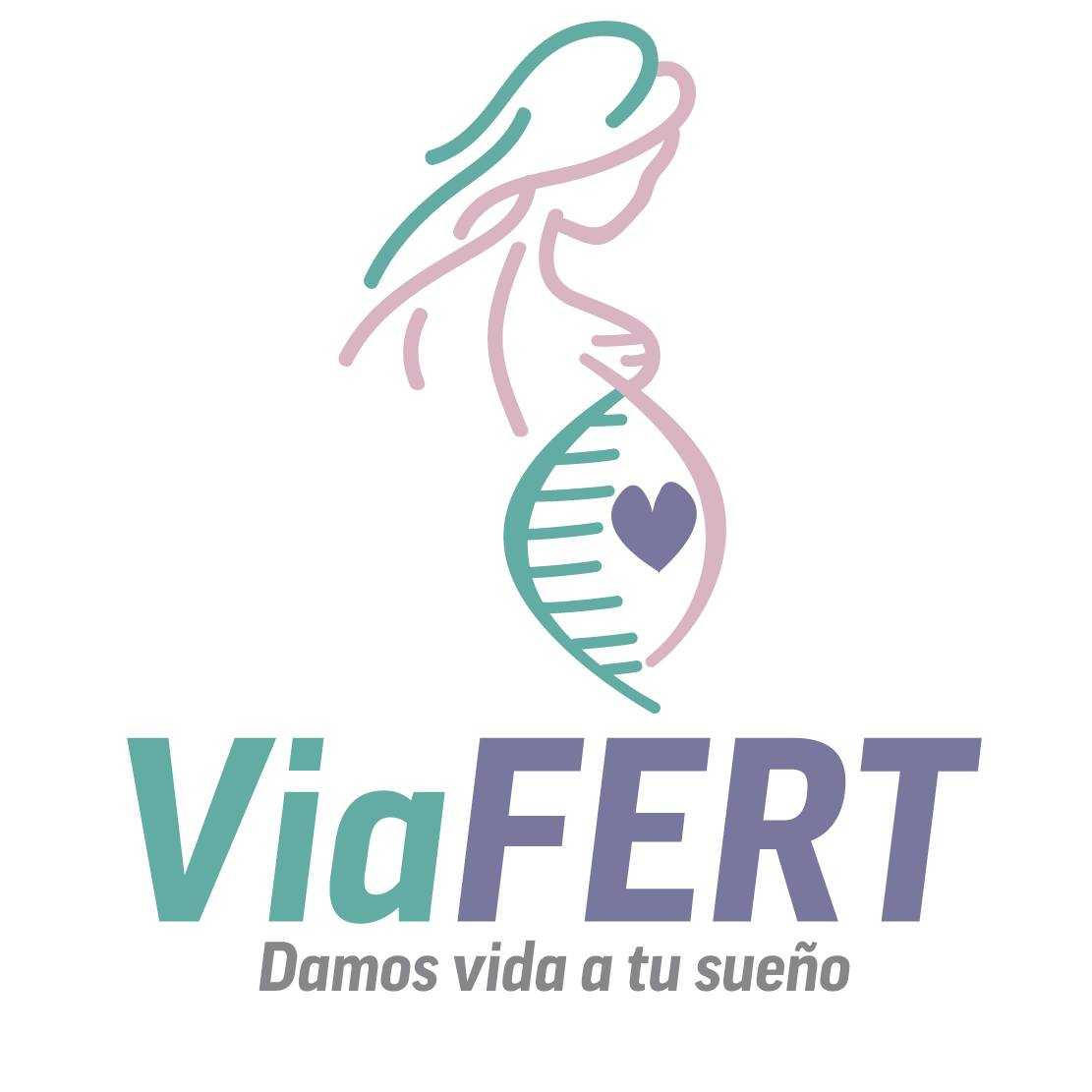
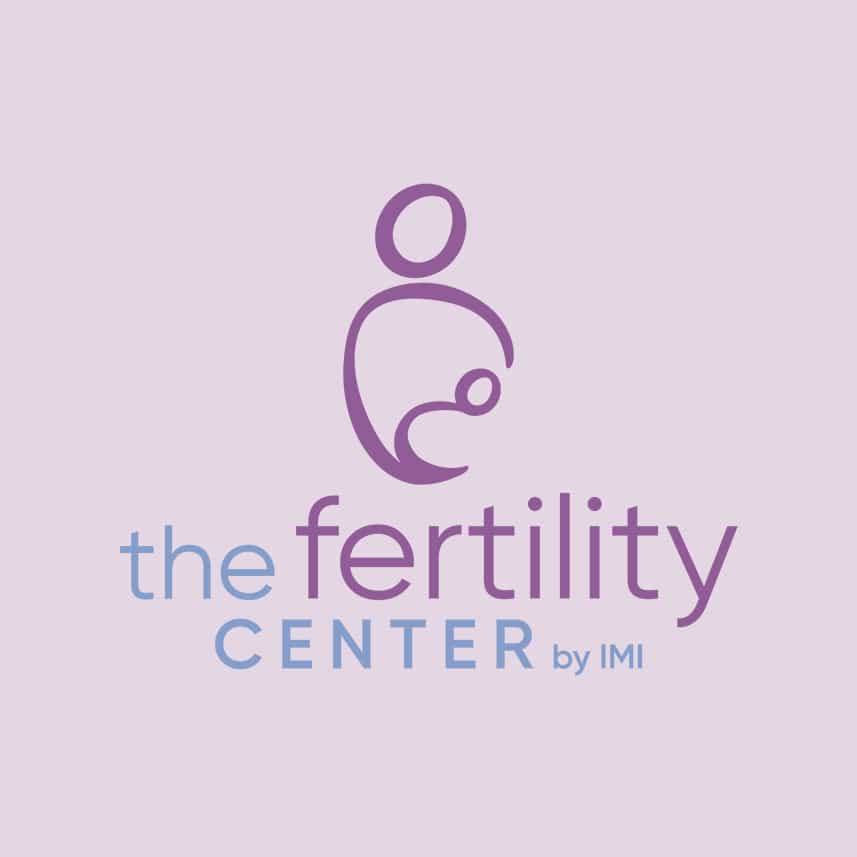
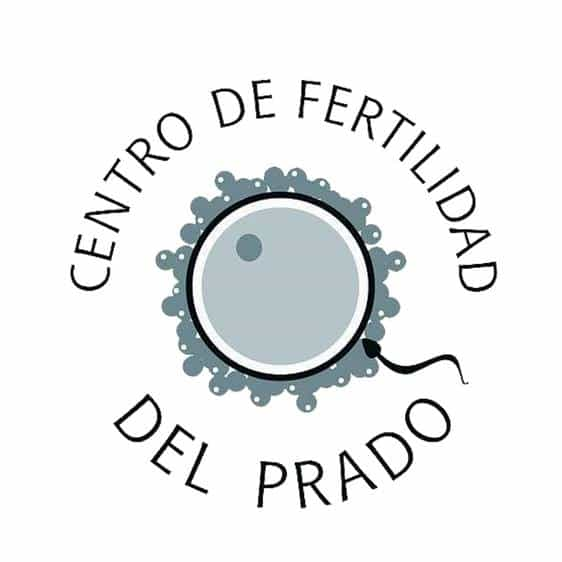

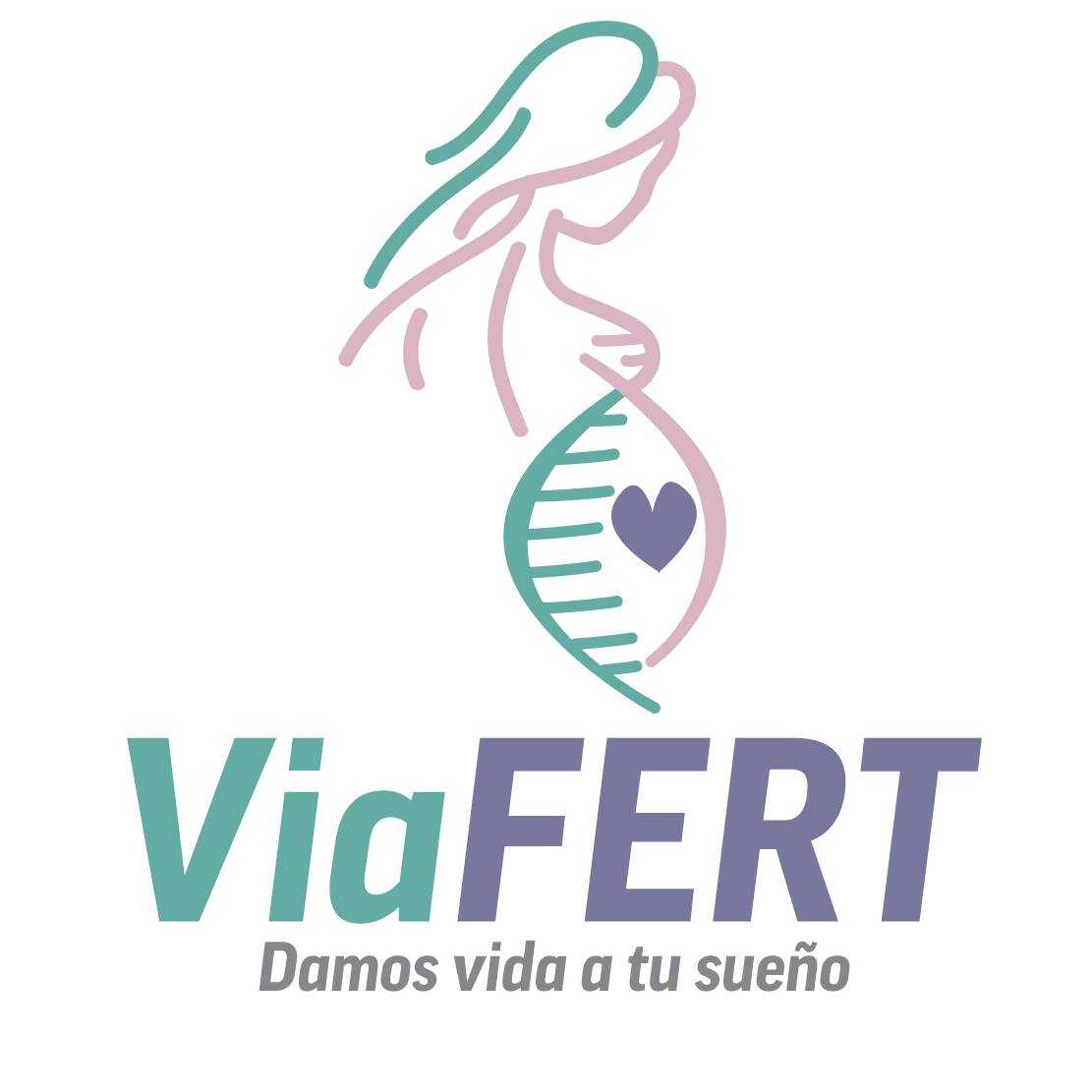

Share this listing